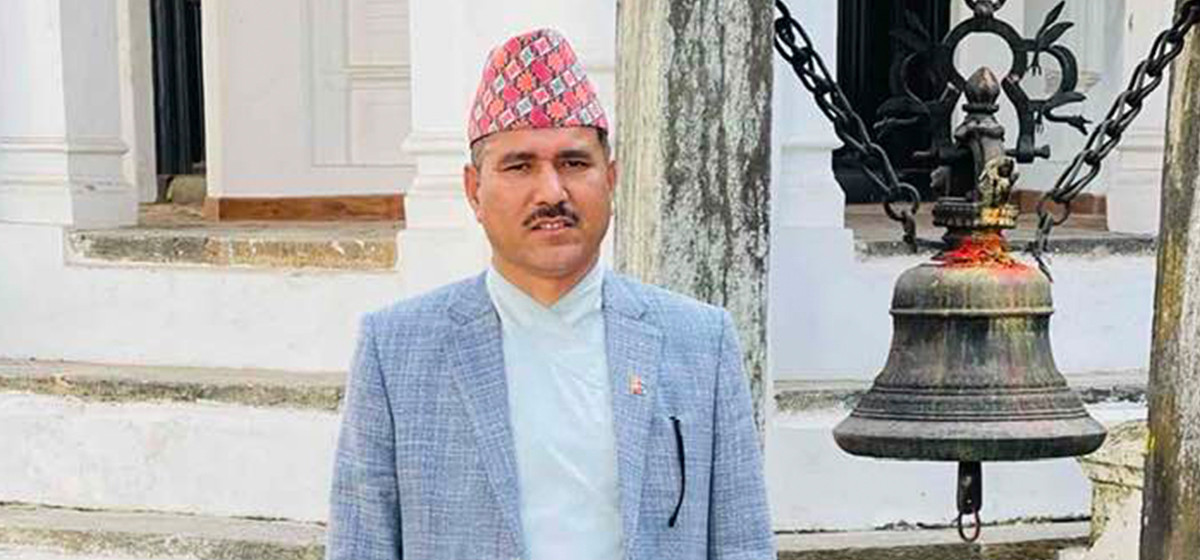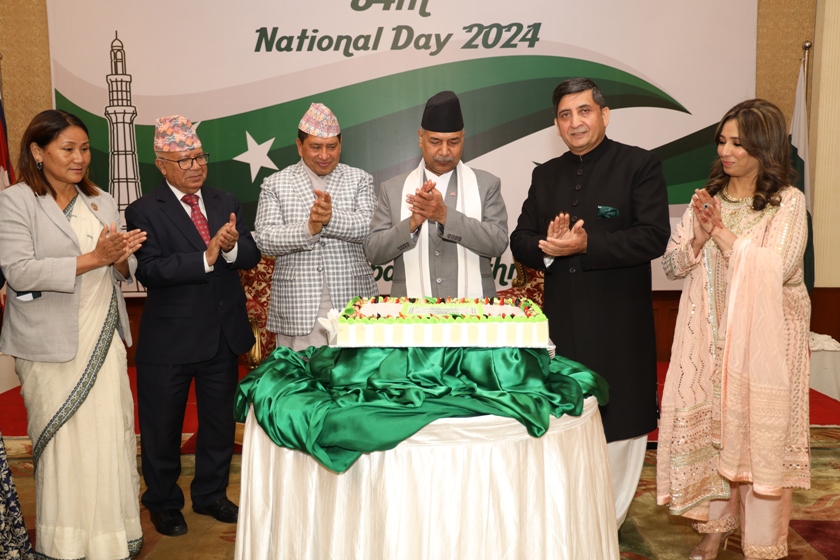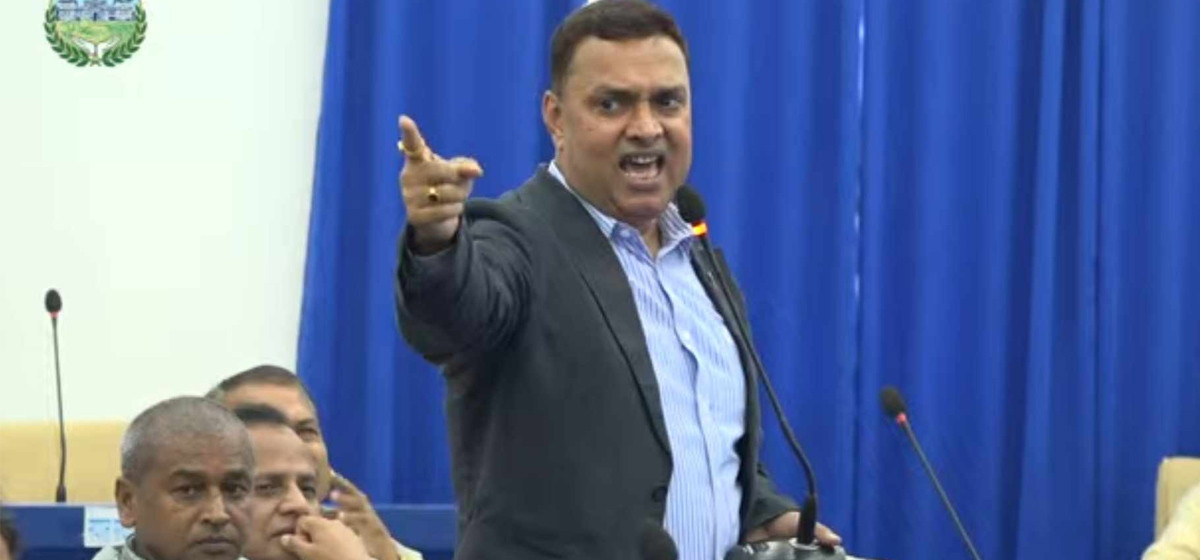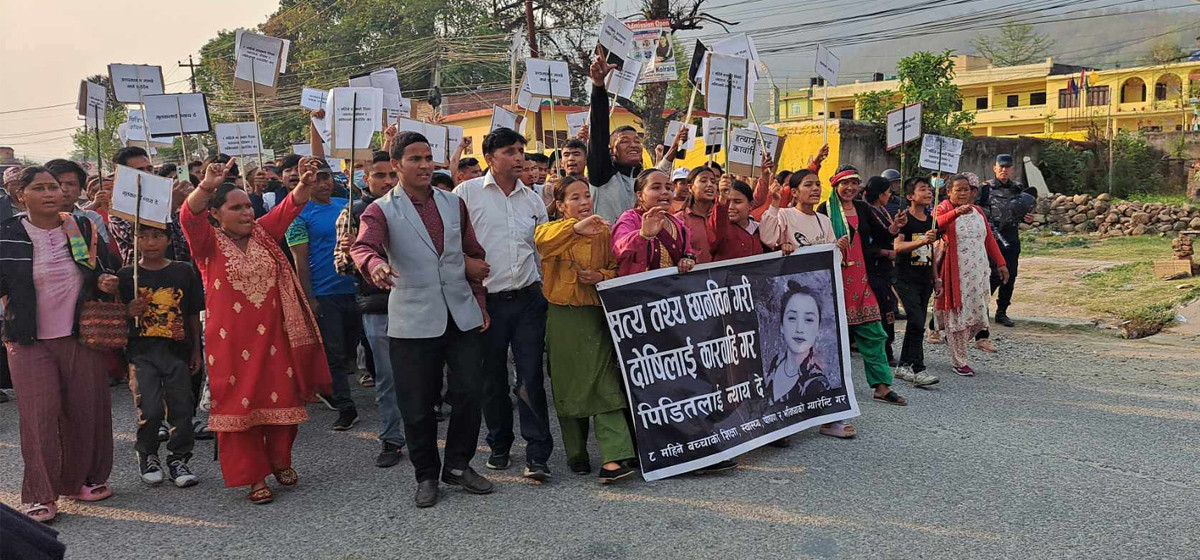
OR
Our picks: The best of 21st century’s non-fiction
Published On: March 27, 2020 03:25 PM NPT By: The Week Bureau
Most stories are highly imaginative and thus able to conjure things that are beyond the natural world. And that, of course, is much more interesting than reading about world politics or economics. However, to brand non-fiction as bland would be wrong. In the recent years (some may argue since the beginning of literature itself), many works of non-fiction have been as powerful and creative as many fictional books out there, making readers realize that understanding world issues or people’s experiences is important too. Here are five of what we consider to be the best non-fiction books of the 21st century.
The Year of Magical Thinking, Joan Didion
The Year of Magical Thinking is a memoir written by Joan Didion where she revisits the year following the death of her husband, John Gregory Dunne. The book was published in 2005. Days before Dunne’s death, their daughter Quintana Roo Dunne Michael was hospitalized in New York with pneumonia—she was still unconscious when her father died. Around 2004, Quintana was hospitalized again after she fell and hit her head. The narrative structure of the book follows Didion’s reliving and reanalysis of her husband’s death throughout the year following it, in addition to caring for Quintana. Thanks to its compelling writing and detailed descriptions of how people deal with grief, it’s considered to be a great contribution in the memoir genre.
On Writing, Stephen King
On Writing: A Memoir of the Craft narrates Stephen King’s experiences as a writer and also has some good advice for aspiring writers. Originally published in 2000, On Writing is King’s first book after he was involved in a car accident a year earlier. In 2010, Scribner republished the memoir as a 10th-anniversary edition, which also featured an updated reading list from King. On Writing is divided into five sections, each with a different focus. The first section, titled “C.V.” narrates his life; events in King’s life that contributed to his development as a writer, such as his early exposure to writing, his early attempts to be published, his relationship with his wife, the death of his mother, and his history of drug and alcohol abuse. The other sections are titled “What Writing Is”, “Toolbox”, “On Writing” and “On Living: A Postscript”.
Persepolis, Marjane Satrapi
Persepolis is a completed autobiographical series of comics by Marjane Satrapi that depicts her childhood up to her early adult years in Iran during and after the Islamic Revolution. The title Persepolis is a reference to the ancient capital of the Persian Empire. Originally published in French, the graphic memoir has been translated in many other languages, including English, Spanish, Catalan, Portuguese, Italian, and Greek. As of 2018, it sold more than two million copies worldwide. The book describes her experiences of being Iranian and the way in which the revolution shaped her life and the lives of her friends and family. The novel has “counter-historical narratives that are mostly unknown by a Western reading public.” Upon publication, the graphic novel received a lot of praise but also got criticized a fair bit, with many asking for censorship.
The Looming Tower, Lawrence Wright
The Looming Tower: Al-Qaeda and the Road to 9/11 is a 2006 non-fiction book by Lawrence Wright. It’s a historical look at the way in which the militant organization Al-Qaeda came into being, the background for various terrorist attacks and how they were investigated, and the events that led to the September 11 attacks. In 2007, Wright was awarded the Pulitzer Prize in the general non-fiction category. The Looming Tower largely focuses on people who conspired to commit the September 11 attacks, their motives, and personalities, and how they interacted. The book starts with Sayyid Qutb, an Egyptian religious scholar who visited the United States in the late 1940s and returned to his home to become an anti West Islamist. There is also a portrait of Aymanal-Zawahiri, from his childhood in Egypt to his participation in and later leadership of Egyptian Islamic Jihad to the merging of his organization with Al Qaeda. The book tries to take a better look at the people who conspired the attacks— ranging from their upbringing to their life experiences that led them to take such a different and brutal path in life.
Zeitoun, Dave Eggers
Zeitoun, published in 2009, tells the story of Abdulrahman Zeitoun, the S y r i a n - A m e r i c a n owner of a painting and contracting company in New Orleans, Louisiana. The book talks about how Zeitoun rode out Hurricane Katrina that hit his hometown and how he traveled the flooded city in a secondhand canoe rescuing neighbors, caring for abandoned pets and distributing freshwater, but was arrested without reason or explanation at one of his rental houses, along with three others, by a mixed group of U.S. Army National Guard soldiers and local police officers. Zeitoun and the others were accused of terrorist activities, presumably because of the large amount of money found in their possession as well as maps of the city and a storage disc, and were detained for 23 days. Zeitoun offers a heartwarming insight into the struggles one goes through when there is a natural disaster and how helping one another can actually uplift people at the time of crisis.
You May Like This

The allure of Nepali books
Literature has always been part of Nepali culture. Nepali authors and poets are revered, awarded and hold a respectable position... Read More...

A blessing for Bookaholics
Padhantey is an online bookstore that was launched in early May this year. Currently, the store is completely Instagram based... Read More...

Hamro Kitab: For the book-loving society
Ernest Hemingway quoted, “There is no friend as loyal as a book.” In this quote, the ‘The Old Man and... Read More...



Just In
- Rising food prices cause business slowdown
- Madhesh Province Assembly meeting postponed after Janamat’s obstruction
- Relatives of a patient who died at Karnali Provincial Hospital 6 days ago refuse body, demand action against doctor
- Khatiwada appointed as vice chairman of Gandaki Province Policy and Planning Commission
- China's economy grew 5.3% in first quarter, beating expectations
- Nepal-Bangladesh foreign office consultations taking place tomorrow
- Kathmandu once again ranked as world’s second most-polluted city
- PHC endorses Raya as Auditor General
















Leave A Comment